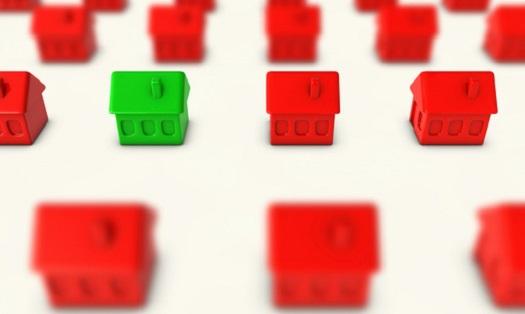
By contributing to a 40% of total final energy consumption and 36% of CO2 emissions, the building sector is the most important sector with respect to energy efficiency policies. At the same time it is the most challenging one, as many different aspects play a role (economic, engineering, behavioral, health), because of the number of linkages with other sectors (urban areas, mobility, products and appliances) and because of the social importance of houses. In addition, buildings have the potential to have a central role in the transition of EU citizens from energy consumers to energy prosumers, with growing possibilities of integrating energy savings, energy production and energy storage technologies.
The JRC explores different pathways and challenges in transforming the EU buildings stock, both in terms of energy efficiency and renewable energy production. Robust scientific methodologies are developed using and/or generating data to assess: energy savings and production potential; technologies, including the economics of their implementation; current policies including regulations as well as financial and economic instruments and their impact. The analysis of social issues and health implications of building renovation will contribute to a holistic view of the building sector.
Conferences
The JRC provides scientific support to a biennial conference in the area of Energy Efficiency in Buildings.
The IEECB&SC conference seeks to bring together all the key players from this sector, including commercial buildings’ investors and property managers, academia, building technologies researchers, equipment manufacturers, service providers (ESCOs, utilities, facilities management companies), urban planner and policy makers, with a view to exchange information, to learn from each other and to network.
